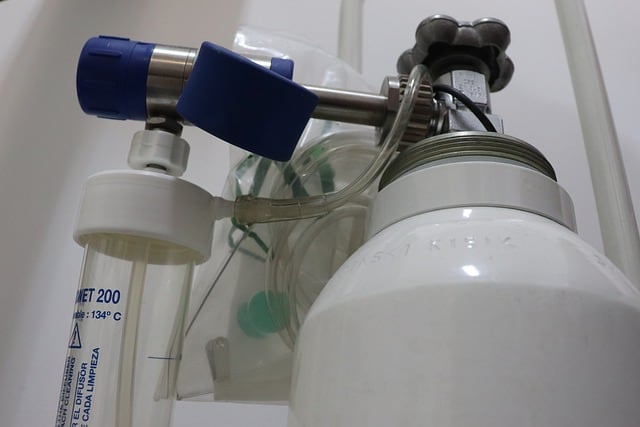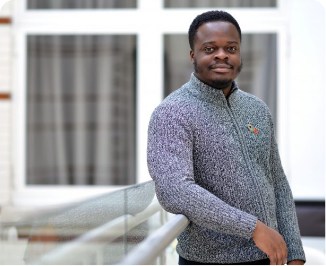Case study
Chronic Obstructive Pulmonary Disease
Chronic Obstructive Pulmonary Disease (COPD) also known as emphysema/chronic bronchitis/smoking damage is a chronic inflammatory lung disease that causes obstructed airflow from the lungs.

Background
What is COPD?
Chronic Obstructive Pulmonary Disease (COPD) also known as emphysema/chronic bronchitis/smoking damage is a chronic inflammatory lung disease that causes obstructed airflow from the lungs.
Symptoms include breathing difficulty, cough, mucus and wheezing. It’s typically caused by long-term exposure to irritating gases, most often from cigarette smoke. People with COPD are at increased risk of developing heart disease, lung cancer and a variety of other conditions
The British Heart Foundation reports that an estimated 1.2 million people are living with diagnosed COPD – considerably more than the 835,000 estimated by the Department of Health in 2011. In terms of diagnosed cases, this makes COPD the second most common lung disease in the UK, after asthma. Around 2% of the whole population – 4.5% of all people aged over 40 – live with diagnosed COPD.

Aim of research
And how patients were recruited
Imperial College London Faculty of Medicine National Heart and Lung Institute at the Royal Brompton in partnership with the NWL Consent to Contact Research Register is carrying out this three year-long observational study that aims to investigate any exacerbation of COPD symptoms, as often patients with COPD experience recurrent episodes especially as the condition progresses.
The outcome of the study will benefit researchers in identifying which condition are most common and in which age group, ethnicity and gender. The results and experience in gathering them for this study will feed into future similar studies, helping to refine processes and improve outcomes. In turn, we hope the findings of the study will empower the population of NWL to make changes in their lives to improve their health.
The participants will also benefit from gaining a better understanding of their condition and having direct access to a specialist clinical team, which should help improve their condition in the long run.
Research
Using our research register to find participants
The team at the globally renowned Royal Brompton Hospital selected the NWL Health Research Register to recruit patients.
The register being linked to the depersonalised dataset enabled us (the team at the Royal Brompton) to identify accurately and rapidly the cohorts of patients that fit the exclusion and inclusion criteria of the protocol and were also located within close proximity to the hospital saving a considerable time and effort for the recruitment process.
All participants were required to complete a first preliminary screening visit with a specialist respiratory Nurse or Consultant, Thereafter, all those enrolled on the study have been asked to complete a very straight forward daily diary and record any increase in respiratory symptoms, time spent outdoor and peak expiratory flow. They then get invited for follow-up visits every 6 months. In the meantime they have round-the-clock access to respiratory specialists at the Royal Brompton.
The results
The study so far
This project linked routinely collected medical record data from the depersonalised dataset with individuals who showed interest in being contacted about research by registering on the NWL Health Research Register previously and offered their consent to be contacted for a possible research project. The dataset analysis identified 136 participants that fit the inclusion and exclusion criteria for this study.
Over a period of 7 days, the NWL Health Research Register team contacted all those on the identified cohort by phone, then followed up with an email detailing the study and asking their interest in taking part. There was a more than 25% conversion rate, with 45 patients wishing to participate.


